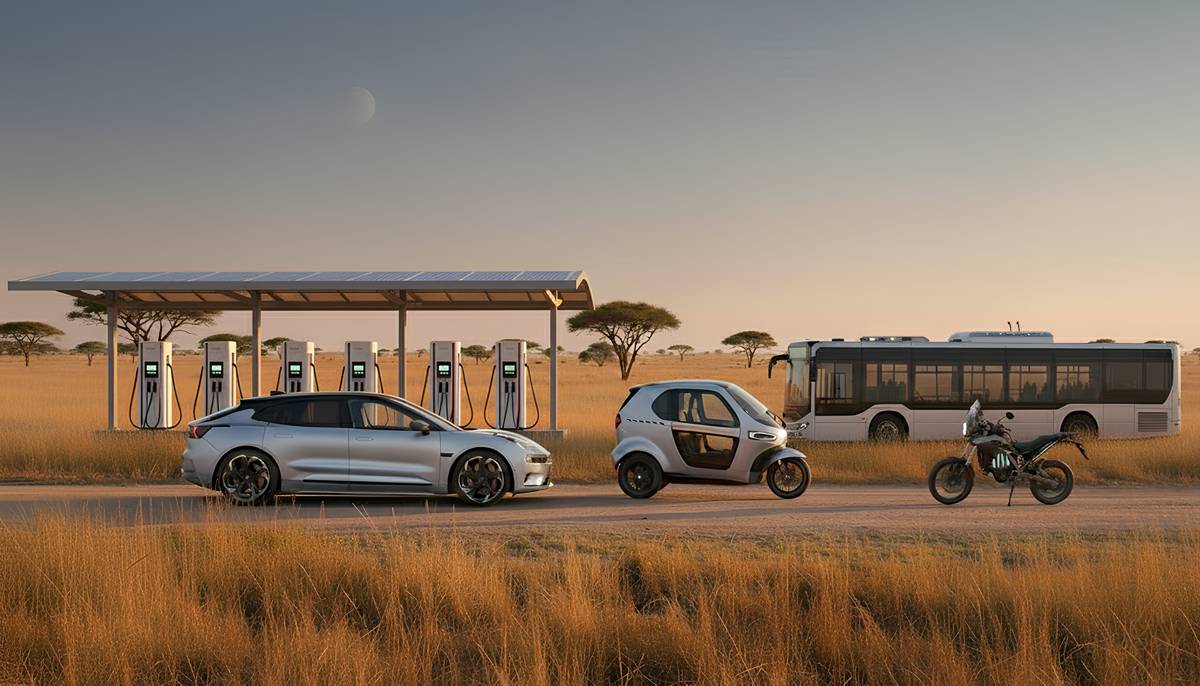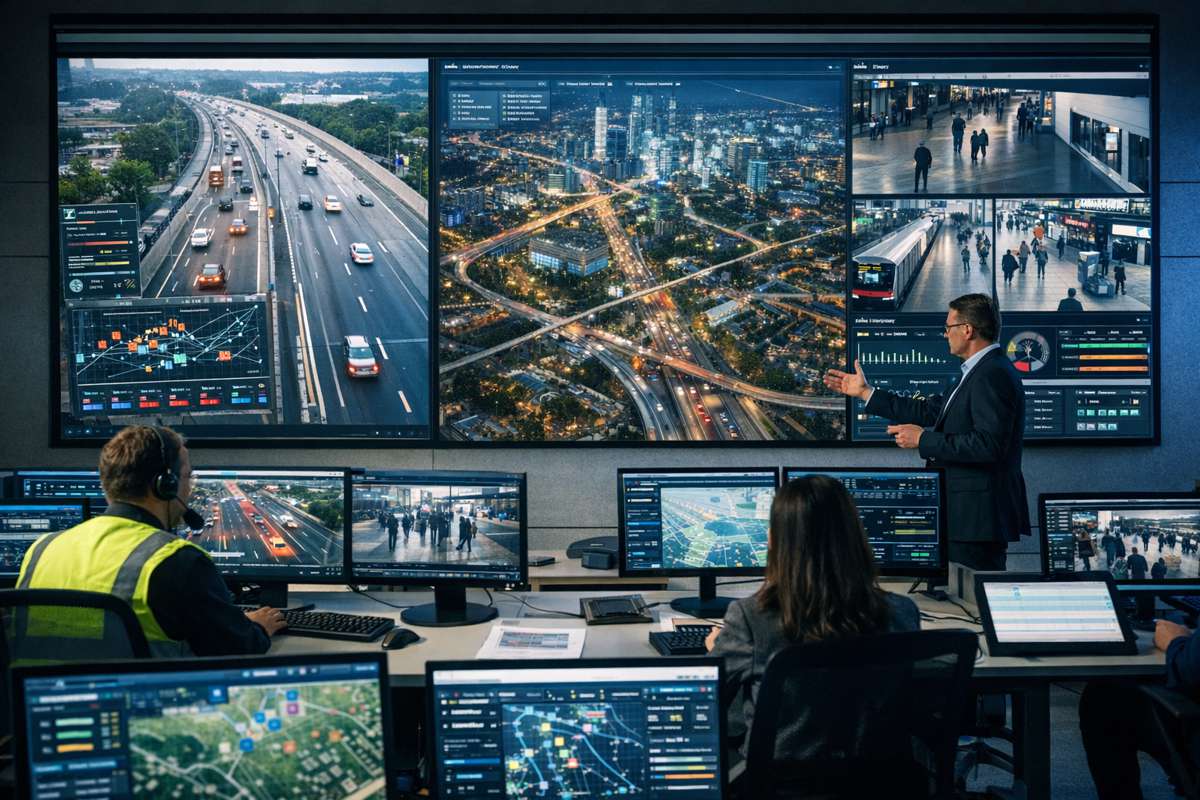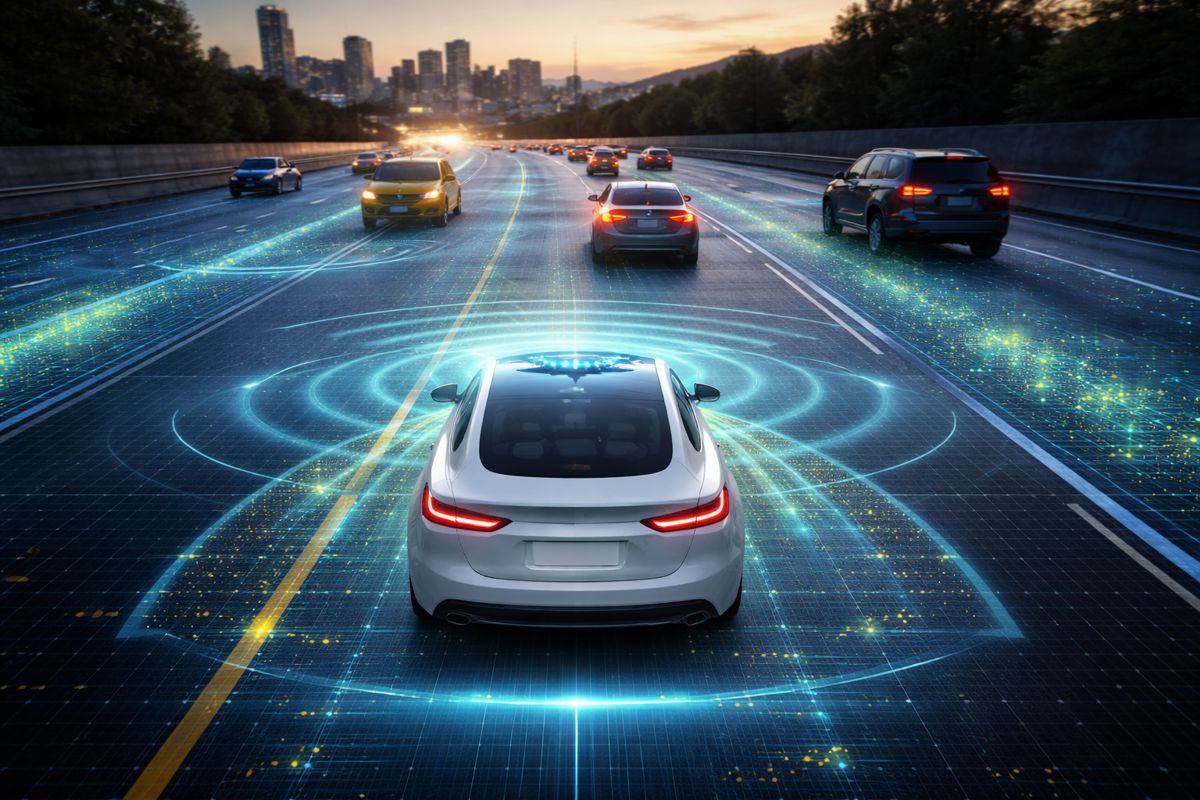Jaguar Land Rover testing self-driving technology with Smart City Hub
Jaguar Land Rover is partnering with global software, mobility and telecoms companies to create a smart city hub that will allow real-world testing of connected technology where self-driving vehicles share the streets with cars, pedestrians and cyclists.
The Future Mobility Campus Ireland (FMCI) will be a collaborative testbed spread across 12km of public roads, providing the facilities and expertise to harness valuable sensor data, simulate a variety of road environments and traffic scenarios and trial new technologies. As part of the trials, the all-electric Jaguar I-PACE will be deployed for testing.
The testbed will advance Jaguar Land Rover’s research into autonomous, connected, electrified and shared vehicles – a key part of the company’s commitment to making societies safer and healthier with pioneering technology.
The real-world facility will be equipped with sensors throughout the site, along with high-accuracy location systems, a data management and control centre and self-driving prototype vehicles. It will feature smart junctions, connected roads, autonomous parking and electric vehicle charging as well as links to a 450km stretch of connected highway and a managed air traffic corridor for unmanned aerial vehicles (UAVs) from Shannon airport along the Shannon Estuary in Ireland.
Jaguar Land Rover is a lead partner of the FMCI and will collaborate with a host of other global technology companies to develop the facility, including Cisco, Seagate, Renovo, Red Hat, Valeo and Mergon. Traditionally such testing sites have been established overseas. The FMCI provides Jaguar Land Rover with a key research site next to an existing facility: its Shannon software hub.
John Cormican, General Manager for Shannon Ireland Jaguar Land Rover, said: “This partnership with FMCI provides us with a real-world facility to trial our emerging autonomous, connected, electrified and shared technology in a strategic location. Collaborating with top-tier software companies will allow us to develop our future systems more efficiently.”
Russell Vickers, CEO of FMCI, said: “The smart city zone provides a first-class facility for global companies to work together and develop world-leading technology, from autonomous vehicles to connected infrastructure. The testbed provides an opportunity to test in the real world and help answer some of the questions posed by the future of mobility in a collaborative and efficient way.”





























